What does SEN actually mean?
SEN stands for Special Educational Needs and is a term used to describe a child or student with specific additional learning needs or difficulties. There may not always be enough 1-1 support for SEN children in schools, sometimes due to the classroom sizes and funding constraints.
There are a number of categories under the SEN umbrella and the main ones are listed below, though this is not a comprehensive list.
Dyslexia
The definition of dyslexia is a condition of neurodevelopmental origin that mainly affects the ease with which a person reads, writes, and spells, typically recognized as a specific learning disorder in children.
Dyscalculia
There can be some overlap with dyslexia. The British Dyslexia Association defines this as a specific and persistent difficulty in understanding numbers, which can lead to a diverse range of difficulties with mathematics.
Dyspraxia
As quoted by the NHS, “Dyspraxia, also known as developmental co-ordination disorder (DCD), is a common disorder that affects movement and co-ordination. Dyspraxia can affect your co-ordination skills – such as tasks requiring balance, playing sports, or learning to drive a car.”
Autism Spectrum Disorder
Autism spectrum disorder (ASD) is a developmental disability caused by differences in the brain. People with ASD may have problems with social communication and interaction, and restricted or repetitive behaviors or interests. People with ASD may also have different ways of learning, moving, or paying attention.
Attention Deficit Hyperactivity Disorder (ADHD)
The NHS defines this as “a condition that affects people’s behaviour. People with ADHD can seem restless, may have trouble concentrating and may act on impulse.”
What do you do with a diagnosis?
While the schooling system does its best to support SEN pupils, it definitely has its limits and so, unfortunately, many SEN students feel left behind and unsupported. There are several ways to ensure that SEN students are able to fulfill their potential. One of these is being in direct communication with the school SENCO or SEND department to seek additional help. Another option is contacting societies that are designed to support a specific learning need such as the Dyslexia Association, who can provide support and signpost students to the right services. Hiring a private tutor who can work alongside the school’s support system and provide one-to-one bespoke support is also a really good option.
Helping your child with private SEN Tutoring
Teachers managing a classroom have their limits and it can be very hard for them to provide additional personalised support to SEN students. Some will definitely benefit from outside support. There are many advantages to hiring a private tutor.
These include:
The process of learning can be enjoyable
Most SEN students are unlikely to find learning fun. In fact, they are generally more likely to dread learning or at least dread certain lessons. However, a private tutor can build a positive and trusting relationship with the student and find out about their hobbies, passions and visions for life. The tutor can then tap into these passions and incorporate them into sessions to make sure learning is fun as well as relevant. For example, if a particular pupil loves football, the tutor might look at football articles as a starting point to work on essay skills with a dyslexic pupil, or match results could be utilised to work on Maths skills with a student who has dyscalculia
Your Child Is Top Priority with Private Tutors
With a private tutor, your child comes first. It’s a safe space to assess the students needs in a non-pressured situation and create a customised learning plan.
Tutors can assist with specific subjects
In additional to helping to manage any SEN needs and create strategies for the classroom, tutors can also help with subject support. For example, with dyscalculia, a Maths tutor can go through subject-specific material in a new way and explore learning styles to help with this specific subject. Similarly, with dyslexia, it can be really helpful to hire an English tutor to help with generic writing skills with the goal of passing an English or essay-based exam so that both aspects of the student’s needs are fully supported.
Tutors can help with more than just academic goals
Tutors do not limit support to academic goals. Many SEN students will face wider difficulties and will benefit from a mentoring approach. Wider support can be set to help them to strategize and overcome social difficulties and learning barriers.
Students can talk to tutors about their problems
It can be really hard for students to be honest about their difficulties, either in a classroom setting or within a school setting. They may feel shame, anxiety and fear about their difficulties. However, building up a trusting relationship with a private tutor means there’s a space where they can regularly talk about how they’re feeling emotionally as well as looking from an academic point of view. Tutors can signpost students and parents to additional support where needed; if, for example, mental health support is needed and has been overlooked, tutors can provide the right tools and information to help with this.
Tutors can help set non-exam-based objectives
Tutoring is not just about passing exams, although that bit does count! They can discuss with students and parents what the bigger goals are: What careers are they thinking about and what do they need to achieve to get there? Having a wider vision of the future can be really helpful for motivation to help students see past secondary school and college towards a career that they are aiming for.
If you would like to discuss hiring an SEN tutor, we are here to help and ready to talk over your needs and questions

